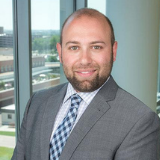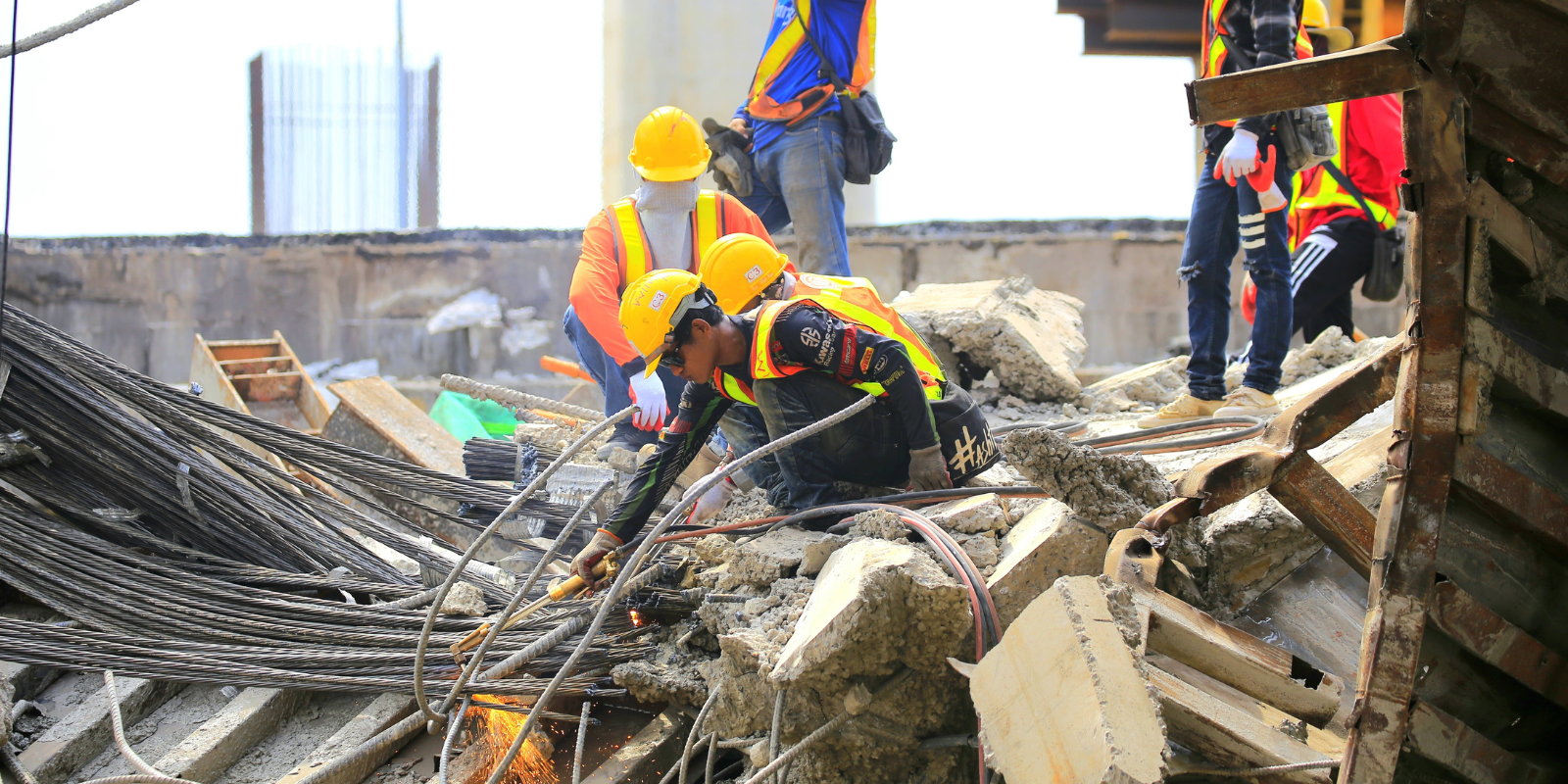We haven’t been to concerts in well over a year, but artists are starting to schedule shows again. Will the first show I attend seem particularly loud because I’m not used to it?
Our brains are marvels of memory! Most people have a strong auditory memory for what a concert should sound like. It might seem a little loud, but you’ll fall right back into the groove.
Is it safe to bring children to a loud concert?
Children at loud concerts should wear hearing protection whenever possible. Over-the-ear earmuffs are a great choice.
Can you sustain lasting hearing damage from a loud concert?
Loud concerts can cause hearing loss, especially if you’re standing near the speakers or if you attend multiple shows. If you’re going to shows where you would have to shout for your neighbor to hear you, it’s probably at a level that could be damaging to your ear.
What are some of the best ways to protect your ears during a concert?
To protect your ears in a concert, you can:
-
Choose quieter areas. Being farther from speakers or the stage lowers the level and your risk for hearing loss.
-
Take breaks. When possible, step outside or to quieter areas to give your ears a rest.
-
Use hearing protection. We strongly recommend the use of hearing protection in loud environments. There are a wide variety of earplugs designed for listening to music, ranging from ready-fit earplugs (~$15 per pair) to custom musician’s earplugs (~$175 per pair) to fancy electronic hearing protection (~$800). The UCHealth Hearing and Balance Clinic can help make custom earplugs.
Are there advantages to outdoor concerts vs. indoor concerts in terms of sustaining possible hearing damage?
Both indoor and outdoor concerts can be risky – it all depends on the volume. Outdoor concerts do often have the advantage of having more space, so you can move farther from the stage to reduce your sound exposure.
Do you have any other tips for someone’s first concert in a while?
Music and concerts are an integral part of life for many people. As you get back into the groove of listening to music, don’t forget your earplugs! You might also consider bringing a facemask – concert venues can have large crowds packed together. The use of facemasks can help prevent COVID transmission, even among vaccinated people. And, of course, if you haven’t had a chance to get your vaccine yet, getting that shot helps to protect you and your loved ones. UCHealth offers free walk-in COVID vaccines clinics, so encourage your friends!
Have you been to your own first concert in a while? Who was it and where?
My first concert after the long wait for live music was a small music festival in Colorado Springs over Memorial Day weekend called “Meadowgrass.” It’s an Americana, folk, blues festival that happens every year. It was great to be back to hearing live music!





